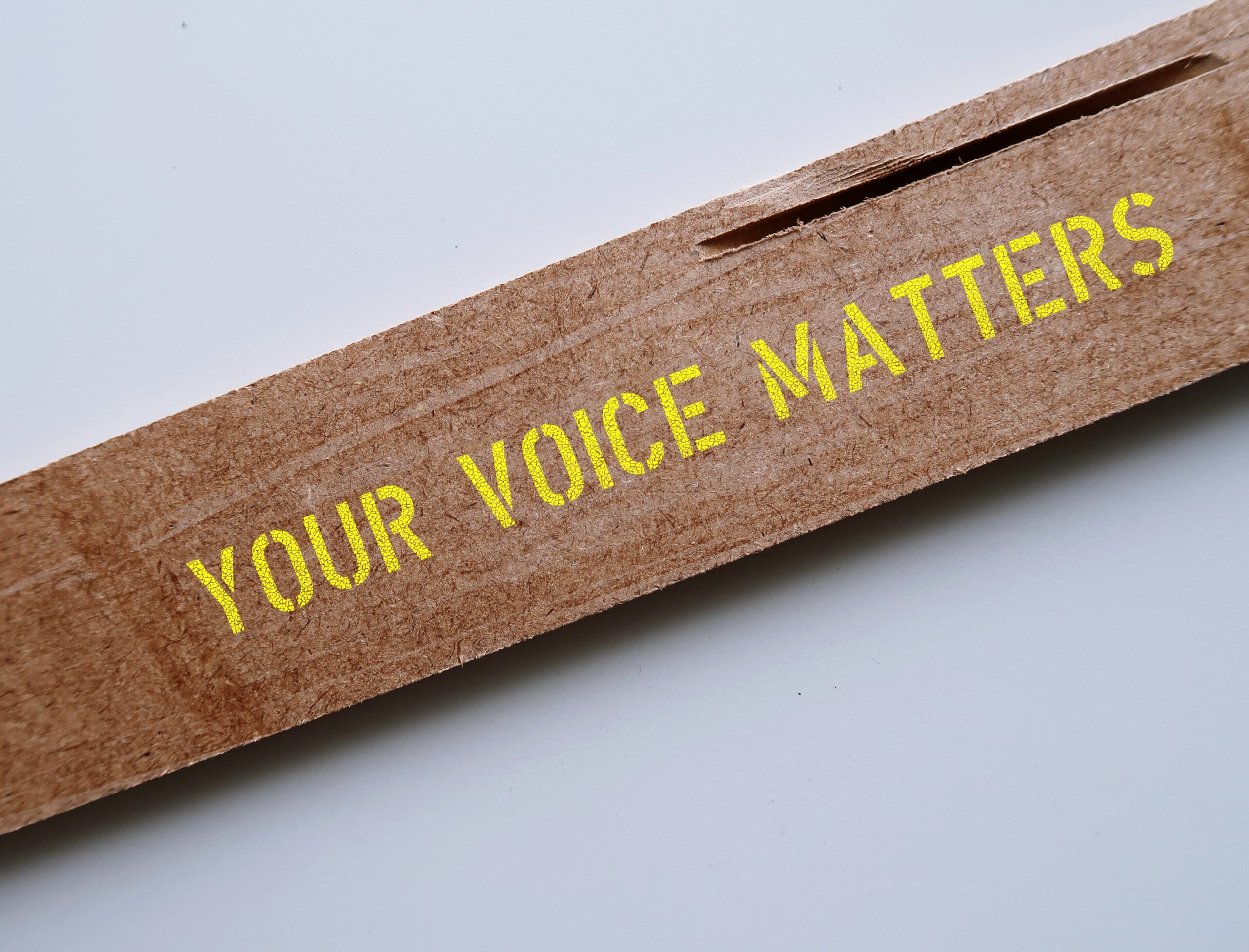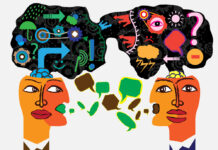EDITOR’S CORNER
In my nearly seven months as editor of Mad in America’s family page, I’ve dwelled repeatedly on the power of connection and community. Here I am, working remotely from my little corner in upstate New York, having conversations about life and its fiercest challenges via phone and email with people from around the world.
Many such exchanges occur with parents and other family members who, searching for ways to help loved ones in the worst throes of distress and psychiatric treatment, sign up for one of MIA’s two online support groups. As part of my job, I email newcomers with letters of welcome and instructions from the moderators, then put them on the relevant list to receive reminders with a Zoom link that I zap out weekly. 
Mine is the smallest contribution, involving the briefest of exchanges with folks I’ll likely never meet in three dimensions. But they’re real, whole, hurting people, and these simple back-and-forths move me deeply. Often, an individual’s signup info tells a story of indescribable trauma and anguish—both a child’s and their own—with the plainspoken concision of one who has suffered without being heard for far too long. I do my best to email them with the group’s introduction and details as soon as I can, even while on vacation, because I don’t want anyone to wait too long without being acknowledged. Too many oppressive forces and systems have left them waiting for uncountable eternities, and I don’t want to do the same.
All of this, in my mind, points to our most essential need as human beings: To not be ignored. To not be silenced. To not be invisible. To not be alone. For many, the weight of isolation felt through the worst of the COVID pandemic was a new challenge to navigate; for far too many others, it only exacerbated the routine and intense sequestration already experienced by those who are shoved to the margins.
Think of the unhoused, the incarcerated, the forcibly committed, the people damaged by psychiatric treatment and then disregarded. Think of that guy you see asking for money at an intersection—his hand shaking from tardive dyskinesia, the look on his face a mix of distrust and despair. He wants and needs cash, yes. But he also wants to be seen and heard, to be recognized as a fellow human being with a story to tell and a life to live ahead of him.
There’s a gentleman I see now and then in a local convenience store, a sweet man who’s been to hell and back and doesn’t have much of anything to call his own. “I’ve been sober 20 years,” he tells, and tells me again the next time I see him. “Congratulations,” I say each time.
He has a story to tell, and he wants to tell it. Everybody does. But locked away in our stifling worlds of achievement and routine, we too frequently plug our ears and put up blinders. We too frequently fail to give the wounded and the marginalized room to speak, if only for a moment.
This is why Mad in America is so necessary. It puts such stories front and center, helping people in distress understand that they’re not alone. This is the goal of the parent support groups and the Mad in the Family page, but it’s also part of MIA’s broader mission of social justice as it questions the prevailing paradigm of psychiatry. Getting the latest research and other resources out there is imperative. We need to reach people.
And when we reach them, we need to listen. That, right there, is the definition and power of community.
It’s in the listening.
—Amy Biancolli, Family Editor
***
More from Mad in the Family
More Editor’s Corners














